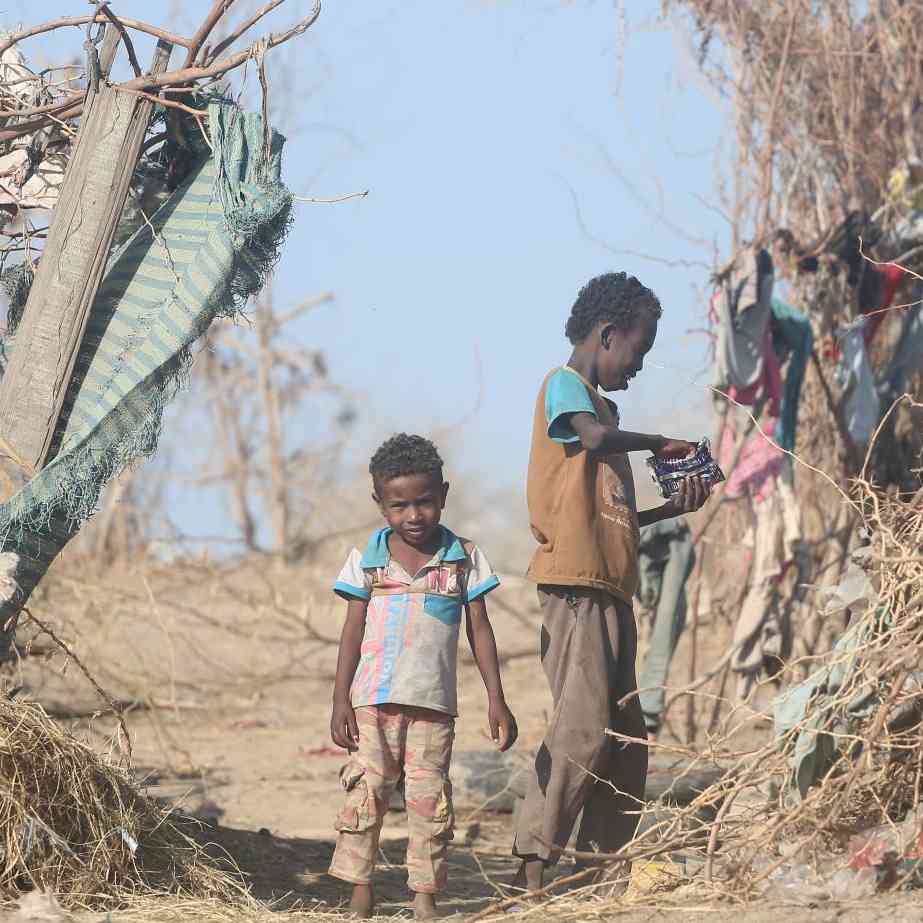Strengthening and training communities to respond to disasters in Yemen
Contribute to improving disaster preparedness in order to effectively respond to “Build Back Better” in terms of recovery, repair and reconstruction, one of the four priorities for action identified by the Sendai Framework for Disaster Risk Reduction 2015-2030.
Description
The National Forum for Human Rights is a non-governmental human rights organization The NFHR works to spread awareness of a culture of human rights in society, It has a continuous program that works on a permanent basis and according to its own capabilities, in order to protect human rights and democratic freedoms in Yemen,
Our vision is for our organization to have an advisory role in both national and international development with regard to adapting to environment scenarios on the basis of preventive, technological and innovative measures with a focus on Contribute to improving disaster preparedness in order to respond effectively to “Build Back Better” in terms of recovery, Repair and reconstruction, one of the four priorities for action identified by the Sendai Framework for Disaster Risk Reduction 2015-2030, in 22 Yemeni governorates.
NFHR provides training and other services related to occupational safety and health, security and protection, emergency management, and environmental studies and assessments. These are performed by national and international trainers, in strict compliance with national regulations. NFHR aims to further strengthen and train disaster first responders on floods, earthquakes and other hazards.
Did the Sendai Framework change or contribute to changes in your activities/organization? If so, how?
NFHR is framing its activities within relevant policies for Disaster Risk Management and the Sendai Framework for Disaster Risk Reduction.
The Sendai Framework particularly calls for enhancing preparedness for effective response and to “Build Back Better” in recovery, rehabilitation and reconstruction. NFHR' s trainings will be able to contribute to this aspect of the Sendai Framework, among others, as it strengthens and trains communities to respond to disasters.
What led you to make this commitment/initiative?
What was your position before making this Voluntary Commitment / prior to the Sendai Framework?
Preparedness to respond to disasters is critical as most of Yemen's population faces the risk of flooding, as climate change continues to affect farming communities, and they are frequently exposed to serious stress, loss and trauma, whether as a result of food insecurity, unemployment, cholera, arbitrary detention, torture or attacks. The ongoing conflict in Yemen has direct impacts on the health and psychological well-being of the Yemeni people. Thus, the NFHR strives to develop a national program aimed at organizing community response to disaster preparedness throughout Yemeni cities.

